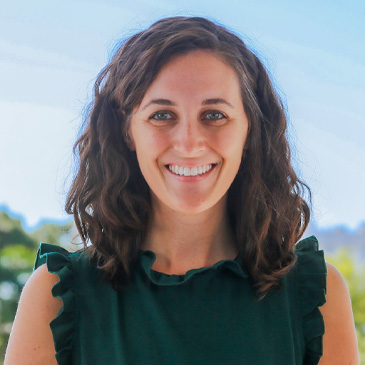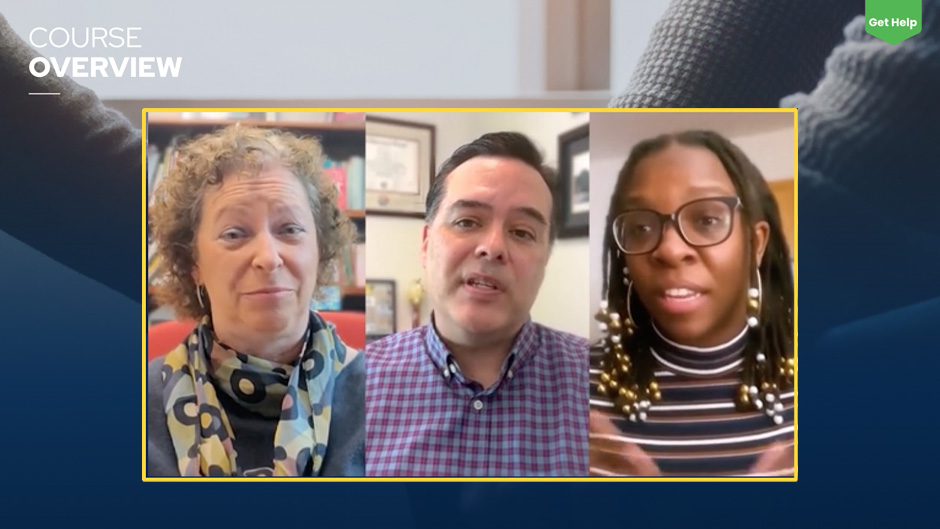The University of Miami is committed to supporting its students' overall well-being, including their mental health. Among the services offered, the Counseling Center provides in-person and virtual therapy alongside a number of year-round outreach opportunities, including connecting with students through consultations, workshops, events, informational tablings, and other psychoeducational activities.
“The University has done a really good job providing support and resources for students, and our internal satisfaction reports show students feel satisfied,” said Rene Monteagudo, executive director of the Counseling Center.
Monteagudo leads the team of almost 20 full-time staff and helped develop a new training program—SOS for Higher Ed: Suicide prevention for students, faculty, and staff—that launched this fall at the University on Suicide Prevention Day. SOS for Higher Ed compliments an eight-hour training program called Mental Health First Aid, which helps Canes assist someone experiencing a mental health or substance use-related crisis.

“Any supervisor of full-time employees should add the SOS for Higher Ed program into that person’s onboarding,” said Tiffani Idol, director of residential life. “It’s quick, easy to complete, and gives them immediate tools.” Idol is one of more than 60 University faculty and staff members who have completed the program.
The program videos are narrated by three members of the University community who talk about standardized themes and topics. Videos include perspectives from Monteagudo; Janet Stearns, dean of students and lecturer at the School of Law; and Cassandra Michel, a 2023 graduate who worked as a resident assistant with Housing and Residential Life and served as a peer educator with COPE (Counseling Outreach and Peer Education) during her undergraduate career.
“This type of training can help us all understand exactly how we could have difficult conversations with students and be helpful versus just referring them to the Counseling Center,” added Idol.
SOS for Higher Ed includes two 30-minute, self-guided online training courses for students and faculty and staff members. The trainings include video and interactive learning to teach everyone on campus how to ACT (acknowledge, care, tell) in their role in suicide prevention. The training uses real and diverse stories of mental health struggles and recovery along with modeled scenarios to provide all learners with actionable steps to help someone in need.
“This training is relevant to everyone, including people who don't supervise or teach students. It’s a great introduction to mental health resources at the University,” said Idol. “Mental health support and suicide prevention is everyone’s job, not just the Counseling Center or case managers.”
University faculty and staff members can consult the Faculty and Staff Guide on how to support students in distress.
Take the free online mental health assessment.
Not sure where to start or how to get yourself assessed? The University offers a free and anonymous mental health assessment for students and faculty and staff members as well as their dependents. Get started today by taking a few minutes to complete the survey and explore the recommended resources. Start the assessment.
Find Faculty and Staff Assistance Program (FSAP) resources.
The University’s FSAP provides free and confidential one-on-one consultation sessions with licensed mental health professionals to help you and your dependents. Each month, the team of experts hosts seminars that tackle mental and behavioral health topics and provide tools to manage well-being. Additionally, faculty and staff members can schedule group check-ins to support good emotional and mental health. View a full listing of FSAP resources and upcoming virtual events, or contact the office by calling 305-284-6604.

